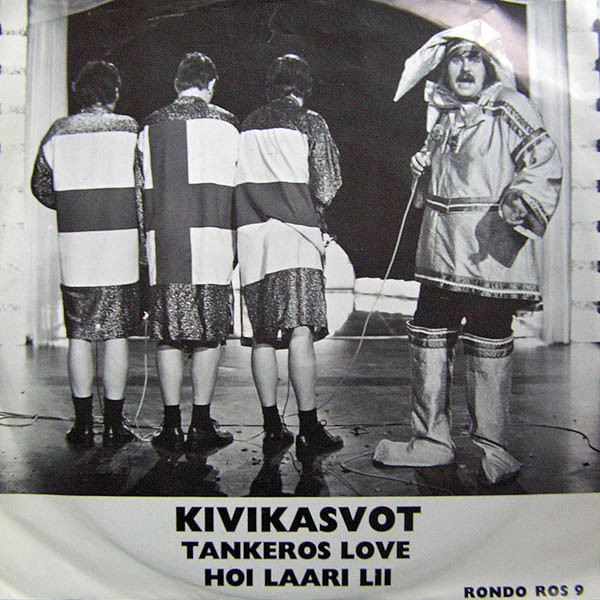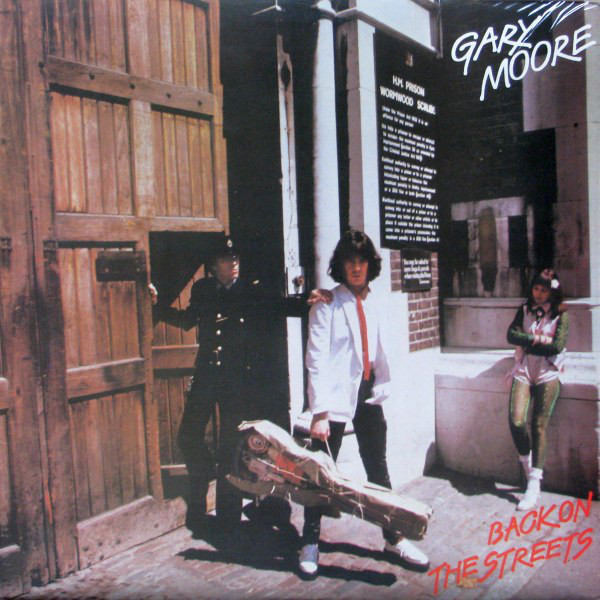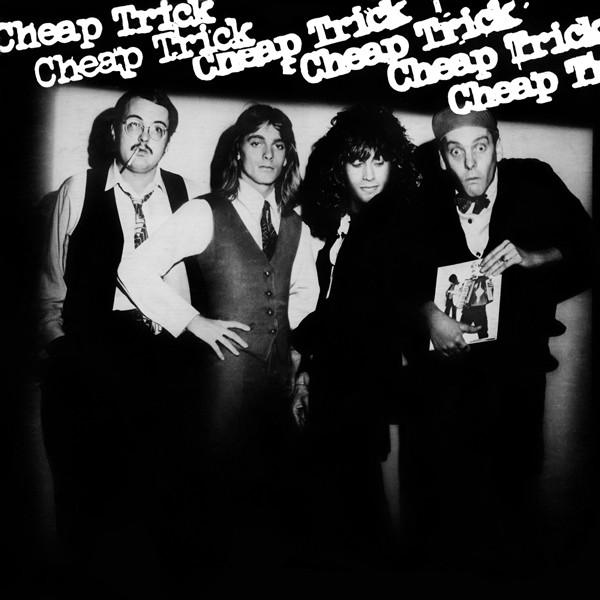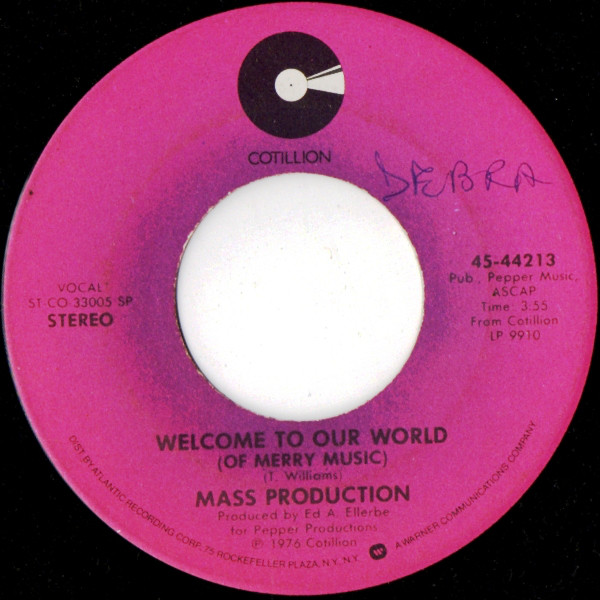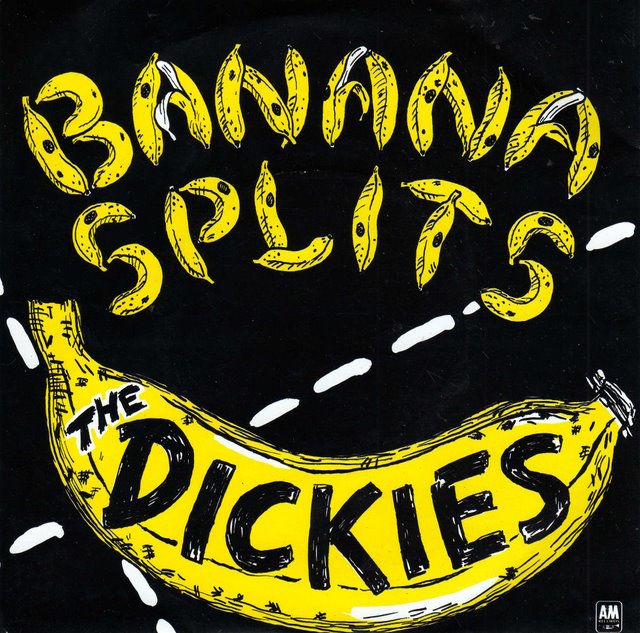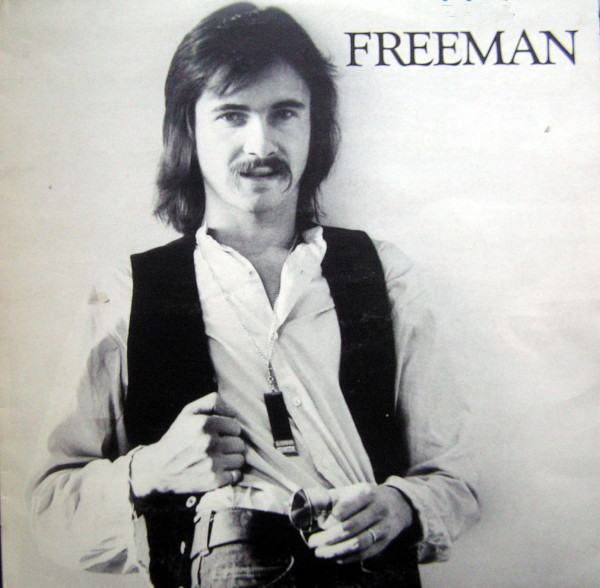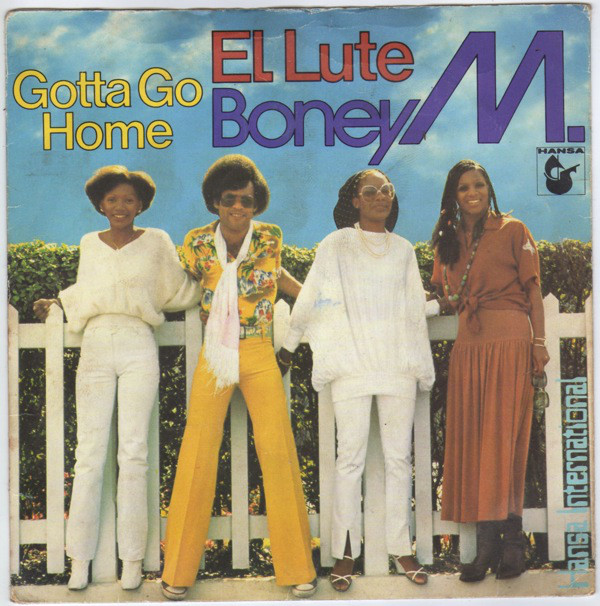
“Gotta Go Home” (1979) – Boney M. * Written by Frank Farian, Fred Jay, Heinz Huth, and Jurgen Huth * Produced by Frank Farian * UK 45: “Gotta Go Home” / “El Lute” * LP: Oceans of Fantasy * Label: Atlantic * Charts: UK #12
Boney M. were a Eurodisco phenomenon (with only five minor hits in the US) created by German pop wiz Frank Farian, the same man who’d later create Milli Vanilli to so much eventual sturm und drang. What’s funny is that although a modicum of sleuthing would have revealed in the disco seventies that front man Bobby Farrell lip synced Farian’s vocals, it’s safe to assume no one would have felt outrage in the midst of an era so comfortable with pop artifice. And what infectious pop artifice it was—”Gotta Get Away” revamped an already catchy German single (“Hallo Bimmelbahn”) by the group Nighttrain, giving it new English words and magic steel pan drum hooks. Two Canadian DJs called Duck Sauce would revamp the tune even more in 2010, turning it into the bonkers dance hit “Barbra Streisand.” (Giving the general sentiment of “Gotta Go Home” more meaning was the B-side, a tribute to the erudite Spanish prisoner Eleuterio Sánchez, who had become a cause célèbre. Two years after, he’d be pardoned and released. How’s that for pop artifice?)

